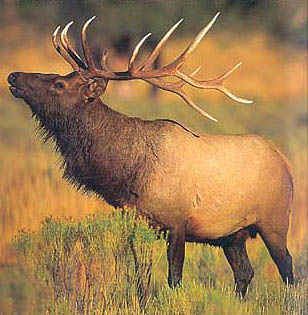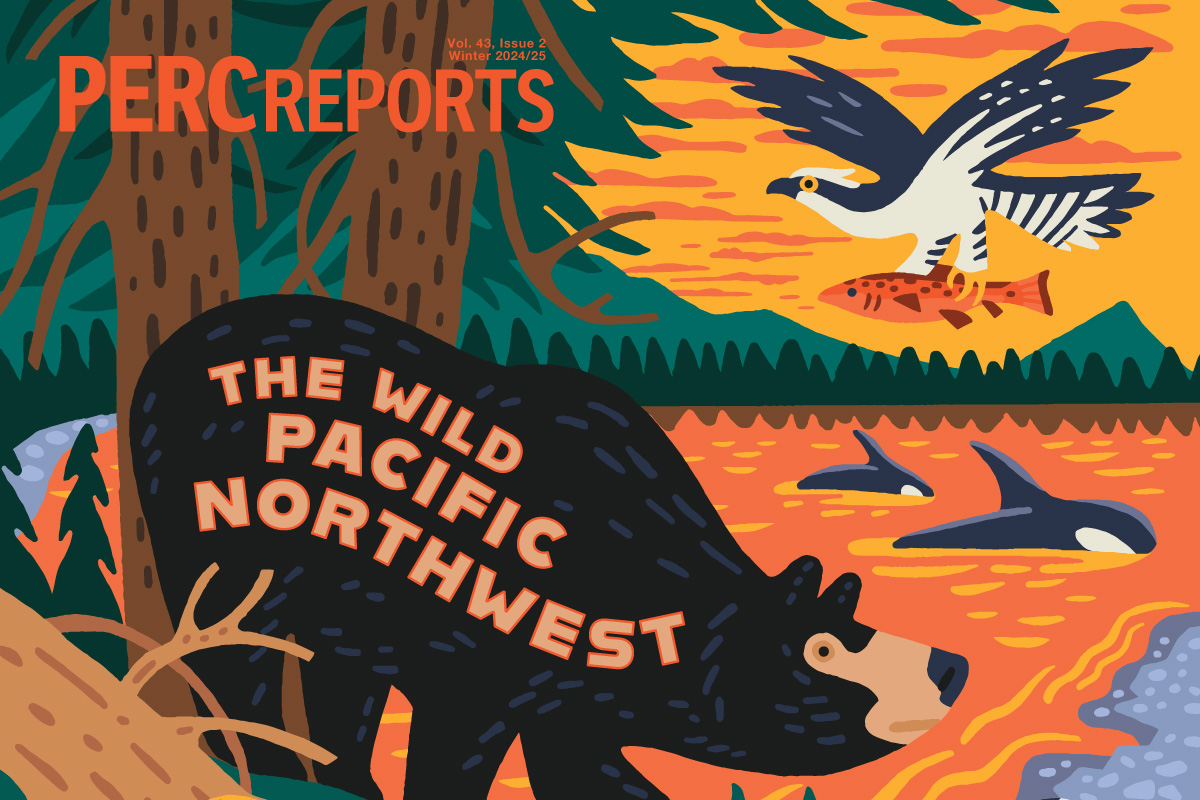Great Falls Tribune
|
By Terry L. Anderson

On the issue of public access, most hunters and fishers are reveling in the recent court decision declaring the bridges in the state are legitimate stream access points. But before sports people get too excited about fishing everywhere without having to ask permission, they would do well to consider what this means for the landowner’s incentive to preserve and improve wildlife habitat.
In both cases the deer, birds, and fish move freely to nearby habitat, public and private.
Whether it is trout streams or habitat for big game and "watchable wildlife," private landowners provide a plethora of public benefits, sometimes at substantial costs to themselves.
For example, a study from Montana State University estimates that on private land in Montana big game animals consume forage worth more than $31 million — forage that would otherwise go to feed the landowner’s livestock. For this, sports people can thank the private landowner who literally provides a free lunch.
But is it enough to depend on the benevolence of the private landowner? The great conservationist Aldo Leopold thought not. He is known for trying to inculcate a "land ethic" in the private landowner, but he knew this was not enough. As he put it, "Conservation will ultimately boil down to rewarding the private landowner who conserves the public interest." Unfortunately, many Montana sports men and women resist providing such rewards.
This resistance emanates from the "North American Model of Fish and Wildlife Conservation," which harkens back to colonial times when American colonists asserted that the wildlife belonged to the people rather than the King. the model subjectedwildlife to the "rule of capture," meaning the animal belonged to no one until it was possessed by the person who sot or trapped it. The problems is that it can lead to over harvesting known as the "tragedy of the commons."
To prevent this tragedy, fish and game departments were called on to established and enforced season and bag limits. And, to be sure, these agencies such as the Montana Department of Fish, Wildlife, and Parks did a great deal to restore game to record numbers.
Modern wildlife conservation, however, must go beyond simply setting seasons and bag limits; true conservationists in the tradition of Leopold must find ways of compensating landowners and managers who are stewards of wildlife habitat. The state’s "block management program" does this to a degree, but payments are small. Access leases, whether to outfitters or hunters, provide a greater return and link sports people more directly to the landowner.
Oh yes there will be cries from those driving new pickups and pulling ATVs that this will allow only the rich to hunt. Indeed this will be true of lands providing trophy hunts, but what about the $50 per day access fee for pheasant hunting on a ranch that has fantastic habitat, limits the number of guns, and maintains a sustainable population? This is the type of steward that Leopold had in mind.
States such as Colorado, New Mexico, and Utah have adopted "ranching for wildlife" programs whereby landowners cooperate with state officials in in game and habitat management and allow some public (free) hunting in return for tags to sell at the market price. As a result, landowners in those states have an economic incentive to invest in maintaining fish and wildlife habitat, those states have added an economic incentive, which encourages more habitat preservation.
Montana sports people must realize that development pressures are forcing ranchers and farmers to squeeze every penny they can from their land. If they rely solely on revenue for wildlife stewardship, hunters and fishers can make it "cows not condos," as the Montana Land Reliance bumper sticker reads, and add wildlife to the ranching mix.
As you head to the polls, think about access and habitat and about the importance of private property owners in supplying both. Calling for more open access may sound like a panacea, but it ignores the important role of incentives.
Montana’s constitution guarantees its citizens a right to "a clean and healthful environment," and private landowners are a crucial supplier of this right. So when you vote, support candidates who promote private property rights, and when you hunt or fish, take time to thank the private landowner.


